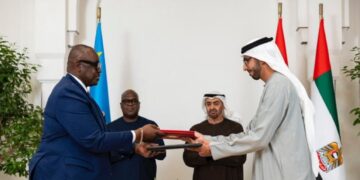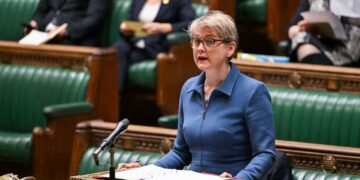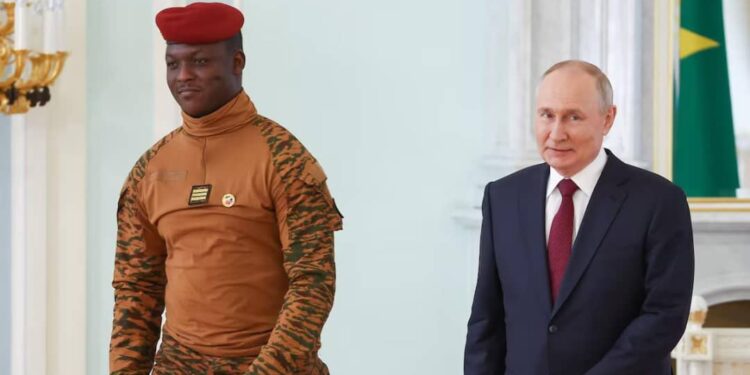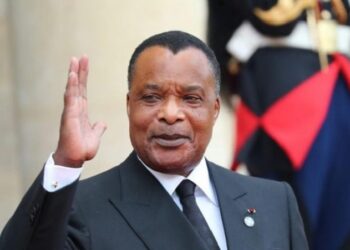By Enyichukwu Enemanna
Junta-led Burkina Faso has granted an industrial mining licence to Russian miner Nordgold for a gold project, the West African country has announced, hoping to take advantage of record-high gold prices to stabilise its fragile economy.
The deal comes as Burkina Faso seeks to deepen economic ties with Russia, while the junta, which seized power in 2022, continues to pivot towards Moscow for security and economic partnership.
The Niou gold deposit, located in Kourwéogo Province in Burkina’s Plateau-Central region, spans 52.8 square kilometres within the exploration licence area held by Jilbey Burkina, which is now owned by Nordgold. The company already operates the Bissa and Bouly mines.
The Council of Ministers said late Thursday that the Niou mine is expected to yield approximately 20.22 metric tonnes of gold over its eight-year lifespan.
Jilbey Burkina will retain an 85% stake in the project, while the Burkinabè government will hold the remaining 15% without financial contribution, in line with the country’s revised mining regulations.
The project is expected to contribute 51.5 billion CFA francs ($89 million) to the national budget and 7.06 billion CFA francs to the state’s mineral wealth fund over its duration, according to the Council of Ministers.
Gold prices have surged by over 25% this year, driven by geopolitical instability and trade policies under U.S. President Donald Trump.
Burkina Faso, which has battled Islamist insurgents since 2015, is a major gold producer. According to Swissaid, a non-governmental organisation that monitors mining, the country produced over 57 tonnes of gold in 2023.
Other mining companies operating in the country include Canada’s IAMGOLD and Endeavour Mining, as well as Australia’s West African Resources Ltd.
“The cooperation with Nordgold and other industrial mines is important [for Burkina’s government] as the country faces a budget crunch,” said Ulf Laessing, head of the Sahel Programme at Germany’s Konrad Adenauer Foundation.




































